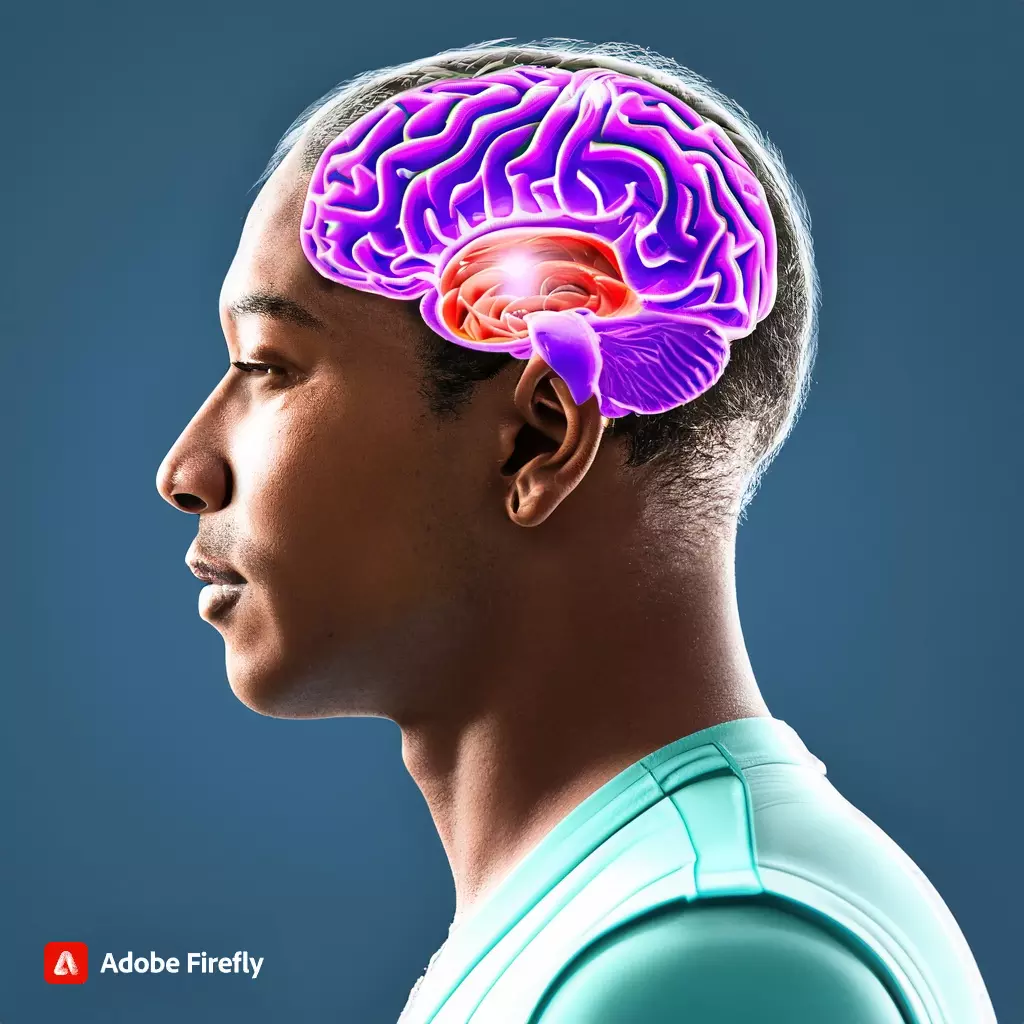The concept of brain plasticity, or the brain’s ability to adapt and rewire itself, has revolutionized our understanding of the brain’s potential for change and recovery. This remarkable capacity is especially critical in the context of learning, memory, and recovery from injuries.Recent research has unveiled a fascinating connection between insulin-like hormones and brain plasticity, highlighting their pivotal role in shaping cognitive function and resilience. In this article, we explore the essential role that insulin-like hormones play in promoting brain plasticity and its implications for human health.
Understanding Brain Plasticity
Brain plasticity, also known as neuroplasticity, is the brain’s capacity to reorganize its structure, functions, or connections in response to various experiences, learning, and environmental changes. This remarkable phenomenon occurs throughout life and is essential for acquiring new skills, adapting to challenges, and recovering from injuries or neurological conditions.
Insulin-Like Hormones: Beyond Blood Sugar Regulation
Insulin is a well-known hormone primarily associated with the regulation of blood sugar levels. However, there are other insulin-like hormones, such as insulin-like growth factor 1 (IGF-1), that have diverse functions throughout the body, including the brain. These insulin-like hormones are produced not only in the pancreas but also in other tissues, including the brain itself.
IGF-1 and Brain Plasticity
Recent scientific investigations have uncovered the significance of IGF-1 in brain plasticity. IGF-1 acts as a powerful growth factor, influencing the development, maintenance, and repair of neurons in the brain. It has several critical roles:
1. Promoting Synaptic Plasticity: IGF-1 enhances the formation and strength of synaptic connections between neurons. This process is fundamental for learning, memory, and adaptive responses to new experiences.
2. Neuroprotection: IGF-1 has neuroprotective properties, safeguarding neurons from damage and degeneration caused by various factors, including injury, oxidative stress, and neurodegenerative diseases.
3. Stimulating Neurogenesis: IGF-1 plays a role in stimulating the birth of new neurons in specific regions of the brain, a process known as neurogenesis. This is particularly crucial for cognitive functions and recovery after brain injuries.
4. Enhancing Long-Term Potentiation (LTP): LTP is a fundamental process in synaptic plasticity associated with learning and memory. IGF-1 has been found to enhance LTP, potentially leading to improved cognitive function.
Implications for Brain Health
The discovery of insulin-like hormones’ vital role in brain plasticity holds significant implications for brain health and the treatment of neurological conditions. Enhancing the action of these hormones, either through natural means or medical interventions, may offer new avenues for improving cognitive function and resilience in various populations:
1. Neurological Conditions: Understanding how insulin-like hormones influence brain plasticity may lead to innovative therapeutic strategies for conditions like Alzheimer’s disease, Parkinson’s disease, and traumatic brain injuries.
2. Aging: As we age, brain plasticity tends to decline. Harnessing the potential of insulin-like hormones could potentially slow down or reverse age-related cognitive decline.
3. Learning and Memory Enhancement: Insights into the role of insulin-like hormones may pave the way for interventions aimed at enhancing learning and memory in healthy individuals.
The emerging research on insulin-like hormones and their influence on brain plasticity underscores the intricate connections between our body’s hormonal systems and cognitive function. These findings offer hope for the development of novel treatments and interventions to enhance brain health, support recovery after brain injuries, and unlock new horizons in the field of neuroscience. As we delve deeper into the complexities of insulin-like hormones, we may uncover the keys to unlocking the brain’s full potential for adaptability, learning, and resilience.
Also Read: Illuminating Intricate Crosstalk Between Cancer Cells & Their Microenvironment
https://thelogicalindian.com/h-upload/2023/09/21/500x300_233601-firefly-hormones-in-human-brain-66214.webp
Trending
2023-09-21 10:28:57.0
What Is The Crucial Role Of Insulin-Like Hormones In Facilitating Brain Plasticity?












